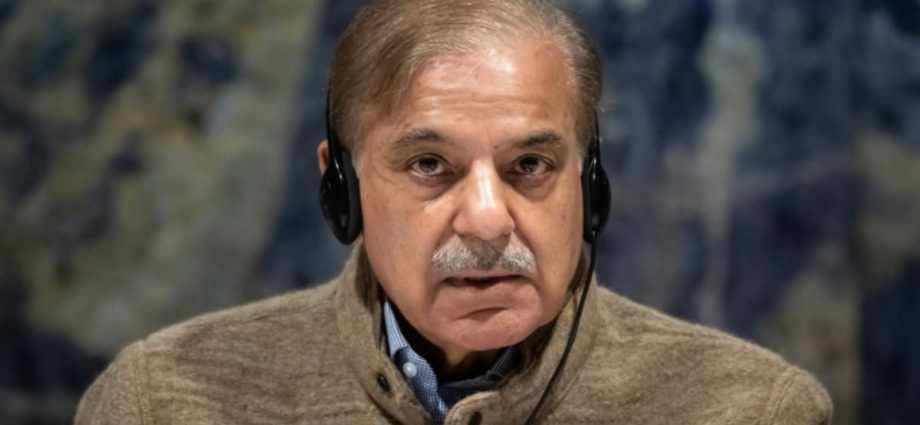
BOWING TO PRESSURE
Years of financial mismanagement and political instability have damaged Pakistan’s economy, worsened by a global energy crisis and devastating floods that submerged a third of the country.
With the prospect of national bankruptcy looming, Islamabad in recent weeks began to bow to pressure prompting the IMF’s last-minute visit.
The government loosened controls on the rupee to rein in a rampant black market in US dollars, a step that caused the currency to plunge to a record low, and hiked petrol prices by 16 per cent.
But the IMF wants further hikes to artificially cheap petrol, electricity and gas prices, designed to help low-income families, and the withdrawal of tax exemptions for the export sector and a boost to the pitifully low tax base.
“Accepting IMF conditions will definitely increase prices, but Pakistan has no other choice,” analyst Abid Hasan told AFP. “Otherwise, there is a fear of a situation like Sri Lanka and Lebanon.”
Rejecting conditions and pushing Pakistan to the brink would have “political consequences” for the ruling parties, but so will agreeing to IMF measures raising the cost of living, he said.
Pakistan had sketched out a US$6.5 billion dollar loan package with the global lender, which has so far paid out roughly US$4 billion.
POLITICAL CHAOS
The next instalment on the negotiating table is unlikely to induce an economic turnaround on its own.
However, friendly nations Islamabad usually approaches for help have indicated they may open their books once the IMF is on board.
The tumbling economy mirrors Pakistan’s political chaos, with former prime minister Imran Khan heaping pressure on the ruling coalition in his bid for early elections while his popularity remains high.
Khan, who was ousted last year in a no-confidence motion, negotiated a multi-billion-dollar loan package from the IMF in 2019.
But he reneged on promises to cut subsidies and market interventions that had cushioned the cost-of-living crisis, causing the programme to stall.
It is a common pattern in Pakistan, where most people live in rural poverty, with more than two dozen IMF deals brokered and then broken over the decades.

